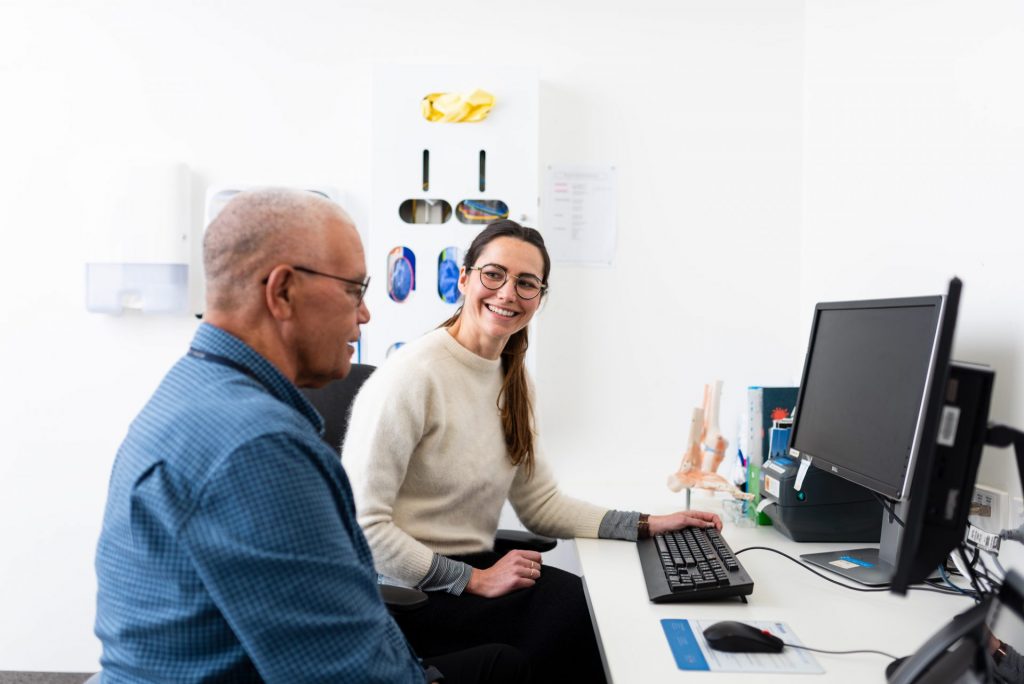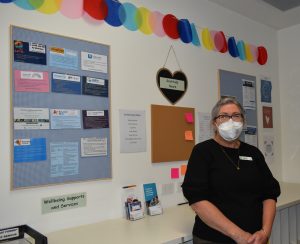A peer-based coaching program in non-technical skills at The Queen Elizabeth Hospital has been shown to significantly improve consultation communication performance.
This was the first study centred on coaching surgeons’ non-technical skills in the outpatient environment with the goal of optimising the surgeon-patient interaction.
Striving for improvement
Surgical trainees typically undertake structured learning programs throughout their training, but this largely ceases after being awarded their Fellowship.
While there are clear objective markers to assess the technical skills of trainees, such as operative performance, there are few opportunities to identify and improve non-technical skills.
Consultations are a critical opportunity to properly inform patients about potential care and treatment, and to ease what can be a very stressful situation.
Spending too long reviewing or making notes rather than making eye contact with a patient or using overly technical language could compromise communication during the interaction.
“If the patient thinks you disengaged from them, even if you’re not, then there’s every chance that they won’t ask the questions they need to ask,” said Professor Guy Maddern, Director of Research Basil Hetzel Institute for Translational Health Research, The Queen Elizabeth Hospital.
“We are talking about picking up observations that, if it’s fed back to you, you might say ‘well, actually I hadn’t realised I did that.’”
The study showed a significant improvement in consultation performance following the coaching program, as judged by independent assessors.
“Surgeons face the same issues worldwide. An easy and inexpensive coaching platform will help every surgeon improve their performance and patients will receive a better experience in terms of understanding and consent” said Professor Maddern.
World-class care from the outset
Clear communication between clinicians and patients is a critical part of care delivery.
“It may well be with appropriate information and a good consultation, the patient may actually decide‘well, maybe I don’t need this intervention’, said Professor Guy Maddern.
“With a sensible conversation with the patient, you can often agree that actually yes an operation’s possible, but it may not actually be the most sensible thing to be doing for that patient at that time”.
Well-informed patients, thanks to effective surgeon-patient communication from the outset, improves patient experience during and beyond the initial consultation.
“I think that patients and families will have a much better experience if they feel they had all the information if things do go wrong. When you have a complication and you understood that was a possibility, it’s much less stressful,” said Professor Maddern.
“A well-informed patient that knows exactly what you know.”
More about the research



